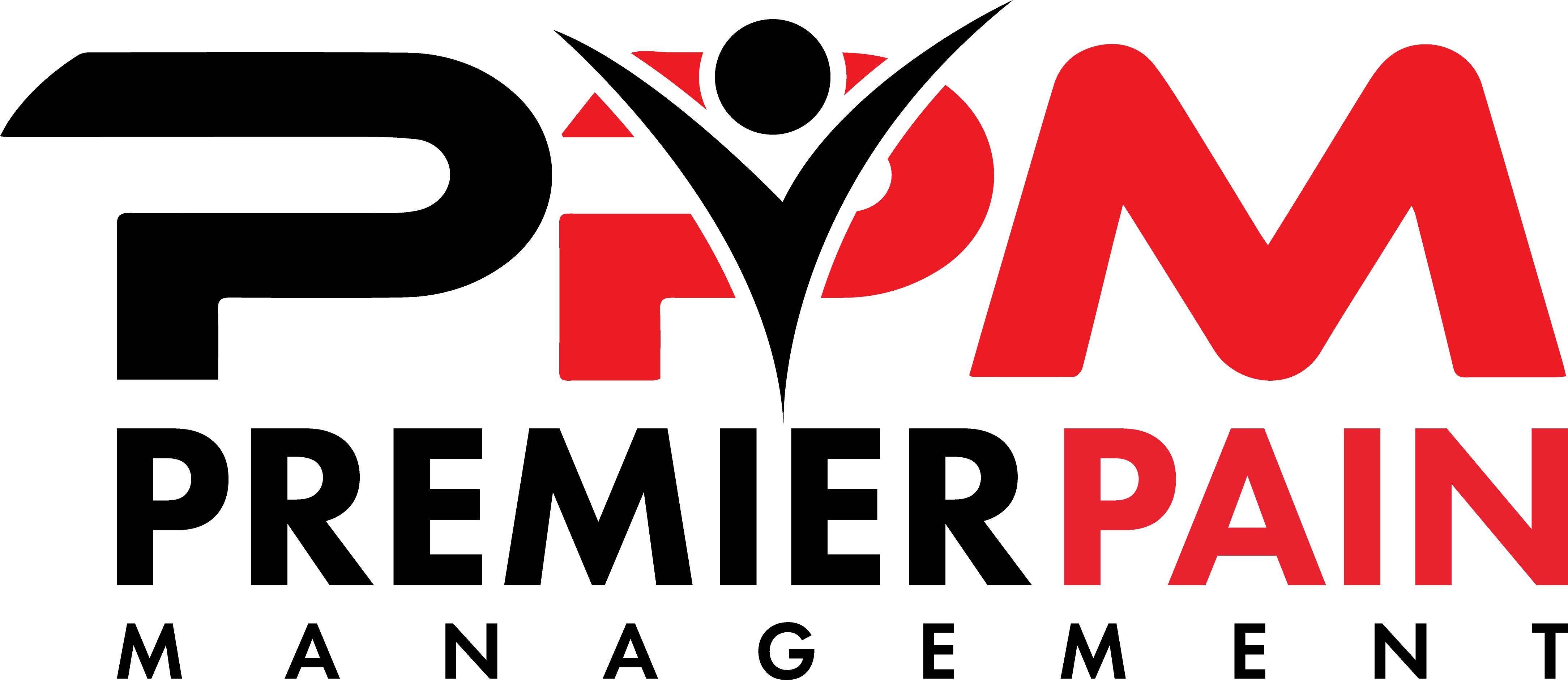We have all experienced a knot in our shoulder or a big lump in our calf, but what exactly is that muscle knot? The fibers in your muscles, or bands of tissue called fascia under the muscles, can tighten and contract creating hard, sensitive areas we recognize as a knot and the medical world calls myofascial trigger points. Sometimes these trigger points hurt whether you touch them or not, that means they are active. Other times it only hurts when someone presses on them, that is latent. Either way, myofascial trigger points can cause pain and impact our range of motion, so it is ideal to try to prevent it from happening or treat it early when a muscle knot does occur.
Anywhere in our body that has muscles and fascia can develop a muscle knot. They feel like a small, hard lump or nodule, and sometimes you must press very deep to feel the myofascial trigger point. Pressing on that trigger point can cause the pain to spread to the surrounding muscles and cause the muscles to twitch or move.
It is common to get muscle knots in the calf, lower back, neck, shins, or shoulders. The trapezius muscle, which runs in a triangle from your neck to the middle of the back and over to the shoulder is the most common location for muscle knots. Tension from stress and poor posture contribute to that being the most common area. There are a variety of causes of muscle knots.
Causes of Muscle Knots
- Stress and Tension
- Repetitive Motion and Lifting Injuries
- Poor Posture
- Sedentary Lifestyle – Prolonged Sitting and Lying Down
Your lifestyle is the common reason for developing muscle knots. If you experience a lot of stress and anxiety, that leads to tension within the muscles. Overusing your muscles through repetition or improper lifting can strain the muscles. Inactivity can lead to the muscles tightening and knotting. Poor eating habits, such as a lack of variety of vitamins and minerals, and dehydration can make the muscles and fascia tighten even more. A lack of sleep can also increase your risk of muscle knots. What many people do not realize is those muscle knots can cause additional symptoms. They can lead to back pain, jaw pain, ringing in the ears or earaches, toothaches, and tension headaches. Lower your risk of muscle knots by changing your lifestyle.
Lowering Your Risk
- Get proper rest and exercise
- Use good posture and be aware of body alignment when lifting
- Stretch your muscles regularly, especially before exercise and lifting
- Avoid extended sitting without movement breaks
- Maintain a healthy diet including calcium, potassium, and magnesium, with fresh, whole foods
- Drink plenty of water (at least 80 ounces per day)
- Get regular massages to gain flexibility and keep your muscles relaxed and healthy
If you do get muscle knots, there are a variety of things you can do at home to relieve the pain. You can stretch the muscles, or exercise them with swimming, cycling, or other aerobic exercises.

Responsible Pain Management
Same-day appointments available!

